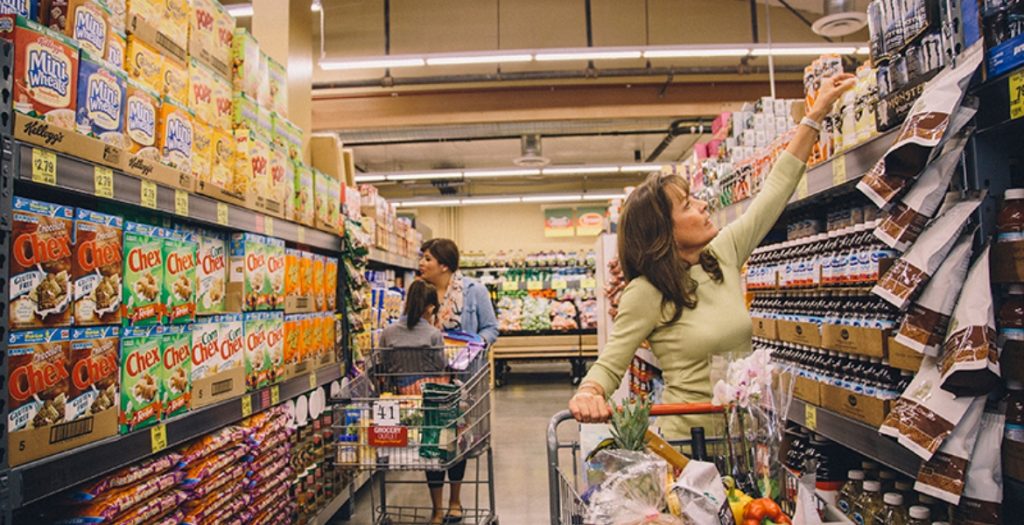The Shrewd Way Food Companies Are Tricking You
Food companies are being coy with their customers, they are using shrinkflation as a crutch to downsize products.
This article is more than 2 years old

By now, it’s redundant to say that inflation has caused prices for absolutely everything to skyrocket through the stratosphere. As the inflation-ridden months drag on, consumer wallets incur blow after blow, each one increasing in fervor and intensity. The thing is, companies are keenly aware of the painful positions that consumers are in. This is particularly true for food manufacturers since food is one of every family’s largest monthly expenditures. Food companies know that consumer budgets are already stretched thin, and many don’t want to risk losing sales or customers should they raise their prices. Consequently, many companies have made their products smaller but kept prices the same. This phenomenon is known as shrinkflation.
Whether you noticed it or not, companies are getting very coy about how they are packaging their products. From cereal to snacks and everything in between, food portions are getting slightly smaller. On the snack side, some notable examples include Doritos, Hershey’s Kisses, Reeses, and Gatorade. For instance, a standard bag of Doritos has gone from 9.75 ounces to 9.25 ounces. A bag of 18-ounce Hershey Kisses has experienced shrinkflation of nearly two ounces. A Reese’s peanut butter cup two-pack has gone from 1.6 ounces to 1.5 ounces. And Gatorade bottles have been reduced from 32 ounces to 28 ounces. All the while, these products are being sold for the same price.
It’s not just products in the grocery store that are experiencing the effects of shrinkflation. Restaurants are also leveraging this coy strategy. For example, Domino’s $7.99 chicken wings deal has been reduced from including 10 pieces to only eight pieces. Similarly, Burger King now sells its chicken nuggets with eight pieces instead of the normal 10.
Household necessities are not immune to shrinkflation either. Walmart has reduced the number of sheets in some packs of its Great Value paper towels from 168 sheets per pack to 120 sheets. Bounty and Cottenelle have gone similar routes with their paper towel and toilet paper products, respectively. Hefty no longer offers its garbage bags in packs of 90; the company has reduced the pack of 90 garbage bags to 80. Even Crest toothpaste has made its standard-size tubes smaller. Crest toothpaste tubes have shrunk from 5.9 to 5.1 ounces.
Let’s not forget the furry family members! Pet products have also been subject to noticeable shrinkflation. For the kitty cat parents out there, Royal Canin has shrunk its cat food cans. The cans have gone from 5.9 ounces to 5.1 ounces. On the puppy parents’ side, Pedigree has downsized its 50-pound bags to only 44 pounds. Although, there are far better foods than Pedigree to feed your furry baby. Still, for those that do buy Pedigree, that is an extremely noticeable reduction.
Overall, there are countless products that have succumbed to the effects of shrinkflation. The list of the shrinkflated products above is in no way exhaustive. Unfortunately, companies have been caught red-handed pulling a fast one on consumers. However, really the joke’s on them because everyone is starting to take notice. A quick search for shrinkflation on TikTok reveals countless users documenting the products they noticed have shrunk. That being said, even though people are taking notice, it doesn’t necessarily mean that companies will feel inspired to revert to former product packaging sizes. That is until perhaps inflation loosens its grip, but it’s unlikely that will happen anytime soon. For now, it seems everyone will just have to live with the smaller products.




